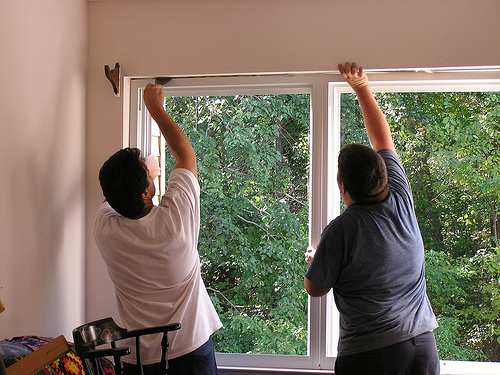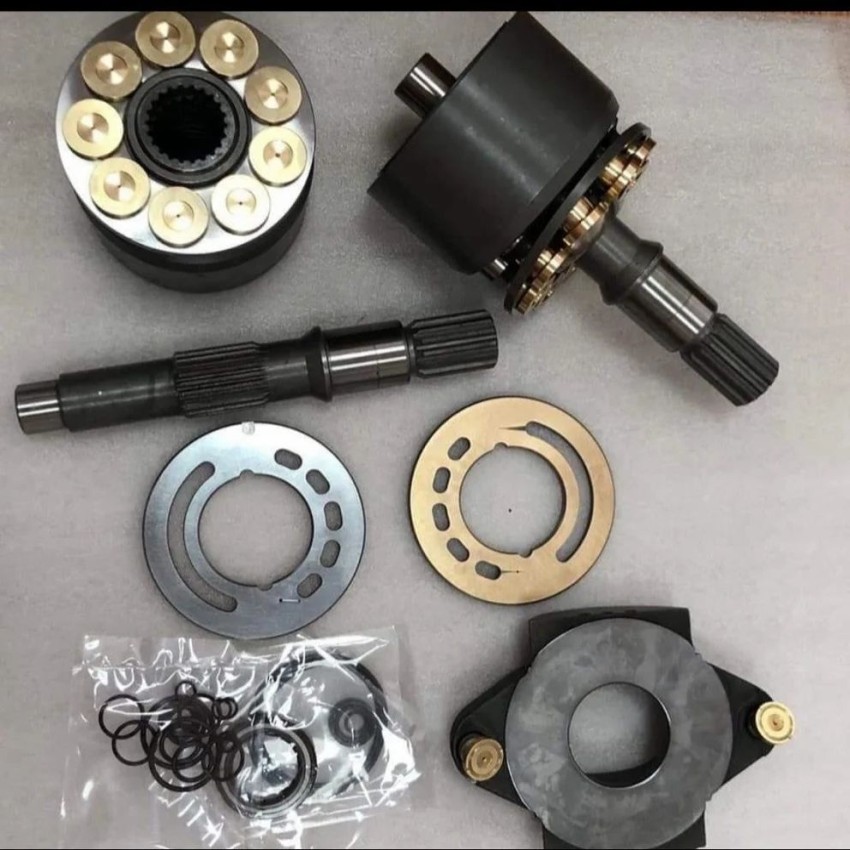Window installation is both a practical necessity and a significant design element that enhances the aesthetics and functionality of a home or building. The process of installing windows involves more than simply fitting them into a frame; it is an art that requires skill, precision, and a deep understanding of both architecture and material science. A properly installed window does more than just let light into a space; it can transform the atmosphere, contributing to the overall design and energy efficiency of the environment. The first step in window installation is the careful measurement and selection of the right window style for the space. Whether opting for traditional double-hung windows, sleek modern casements, or expansive picture windows, each style has its own set of advantages and aesthetic appeal. Choosing the appropriate window for the structure’s design is essential, as it influences both the external and internal appearance of the building.

Once the window type is selected, the installation process begins with proper preparation of the surrounding structure. This includes ensuring that the opening is level, square, and free of any obstructions that might interfere with the window’s fit. The foundation for window installation must also be thoroughly checked for moisture resistance, as improperly sealed windows can lead to leaks, drafts, and damage over time. Proper insulation is critical, as it ensures the energy efficiency of the window, preventing heat loss during colder months and keeping the interior cool in warmer weather. The actual installation involves fitting the window frame securely into the prepared opening. This requires a steady hand and a keen eye for detail to ensure that the window is centered and aligned perfectly and her latest blog thehowtohome.com. The window is then sealed with weatherproofing materials that safeguard against the elements. These materials help protect the window from water penetration, which can lead to rot and mold.
After the window is installed, the finishing touches are added to complete the installation. These may include trimming, painting, or caulking to give the window a clean and polished look. The trim work is essential for providing a finished appearance that complements the window and blends with the overall interior decor. It also plays a role in protecting the window from external factors, offering an additional layer of defense against weather elements and wear. Regular maintenance is necessary to keep windows in optimal condition. This involves checking seals, cleaning glass, and ensuring that no debris accumulates in the tracks. Proper maintenance not only extends the lifespan of windows but also preserves their efficiency and appearance. Window installation is, therefore, an investment in both functionality and design, providing long-term value to any building when executed with precision and care.


